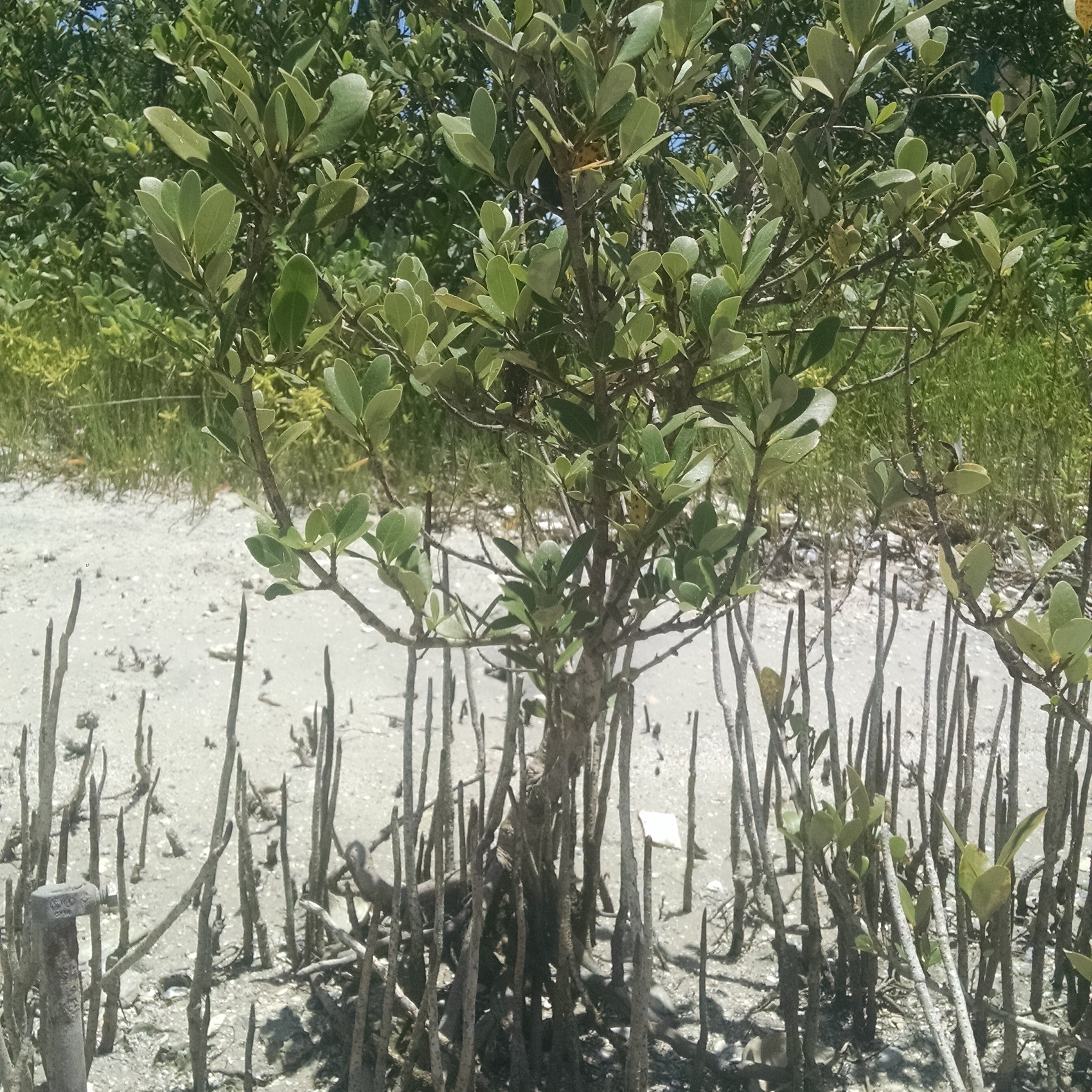 The Whitney Laboratory for Marine Bioscience
The Whitney Laboratory for Marine Bioscience

Congratulations to Whitney visiting researcher Dr. Hailey Craig, Dr. Todd Osborne and previous Osborne lab Postdoc Dr. Lorae Simpson who recently published a paper titled "Nitrogen addition alters composition, diversity, and functioning of microbial communities in mangrove soils: An incubation experiment" in Soil Biology and Biochemistry where they looked at N enrichment effects in mangrove soils.
Mangrove ecosystems are important for carbon storage due to their high productivity and low decomposition rates. Waterways have experienced increased nutrient loads as a result of anthropogenic activities and it is unclear how this may affect carbon and nutrient cycles in downstream mangroves that receive these nutrient-rich waters. Using a laboratory-based incubation experiment, this study aimed to assess the effects of nutrient addition on the diversity and structure of mangrove soil bacterial communities, as well as biomass and activity of the soil microbial community, under different oxygen conditions. Bacterial community diversity and composition was characterized using 16S rRNA gene sequencing and microbial activity was examined through the measurement of microbial respiration and the activities of enzymes associated with organic matter decomposition. Nitrogen addition caused clear shifts in bacterial community composition, with decreases in bacterial diversity and the abundance of sulfate-reducing bacteria. Microbial biomass also decreased with nitrogen addition under reduced oxygen incubations. Changes in bacterial community structure were accompanied by changes in the activity of some enzymes involved in carbon, nitrogen, and phosphorus cycling. Under reduced oxygen conditions, nitrogen addition resulted in a significant increase in the microbial metabolic quotient but no accompanying change in microbial respiration, which was explained by a decrease in microbial biomass. The findings of this study indicate that nitrogen loading has potential implications for microbial communities and carbon and nutrient cycling in mangrove environments that warrant further investigation under field conditions.